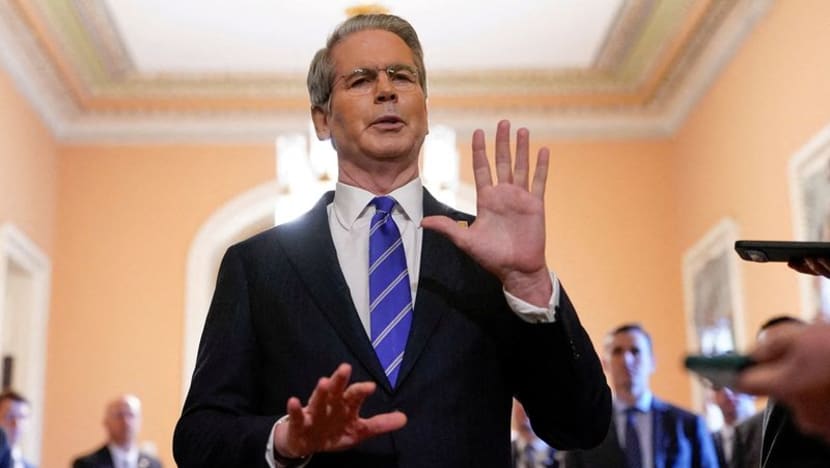

U.S. Treasury Secretary Janet Yellen has recently indicated that a trade deal between the United States and India is nearing completion, signaling a potentially significant development in the economic relationship between the two countries. This announcement underscores the Biden administration's efforts to strengthen ties with India, recognizing its importance as a key global partner.
Yellen has consistently emphasized the growing significance of the U.S.-India relationship, particularly in the realms of trade and investment. She has noted the substantial progress made in recent years in building stronger economic connections between the two nations and anticipates that finalizing a trade agreement will be the next crucial step. Both countries have been actively engaged in discussions on various trade-related issues, including technology, energy, and agriculture, with the aim of reducing tariffs and expanding market access.
The potential trade deal aligns with the U.S.'s broader strategy of "friendshoring," which seeks to diversify supply chains and reduce reliance on countries that pose geopolitical or security risks. By deepening integration with trusted trading partners like India, the U.S. aims to create more resilient and reliable supply chains. Yellen has highlighted the progress already made in this area, citing examples of technology companies like Apple and Google expanding their production in India.
A trade agreement between the U.S. and India is expected to generate numerous benefits for both economies. It could lead to increased job creation, lower prices for consumers, and enhanced economic growth. Moreover, it would foster greater cooperation in key industries such as information technology, renewable energy, and pharmaceuticals.
In 2023, bilateral trade between the U.S. and India reached over $190 billion, solidifying the United States as India's largest trading partner. This robust trade relationship is underpinned by significant cross-border investments and strong people-to-people ties, reflecting the close partnership between the two largest democracies in the world.
However, some issues have arisen in trade negotiations. Yellen has expressed concerns that India, along with China, has been hindering progress on the "Pillar 1" global tax deal, which targets highly profitable multinational corporations. She stated that India has been "refusing to engage on issues important to U.S. interests" in these negotiations. These issues relate to transfer pricing and the "Amount B" system for simplifying the calculation of transfer pricing. The US will not finalize the global tax deal until India and China resolve the key issues.
Despite these challenges, the U.S. remains committed to working with India to address its infrastructure gap and promote clean energy technologies. Yellen has affirmed that the U.S. is actively assisting India in attracting more private sector capital to support its infrastructure development. Furthermore, she believes that the combined innovations of the two countries can drive down the costs of new technologies and accelerate the global transition to a net-zero economy.